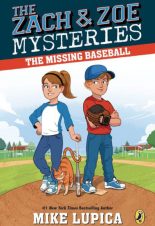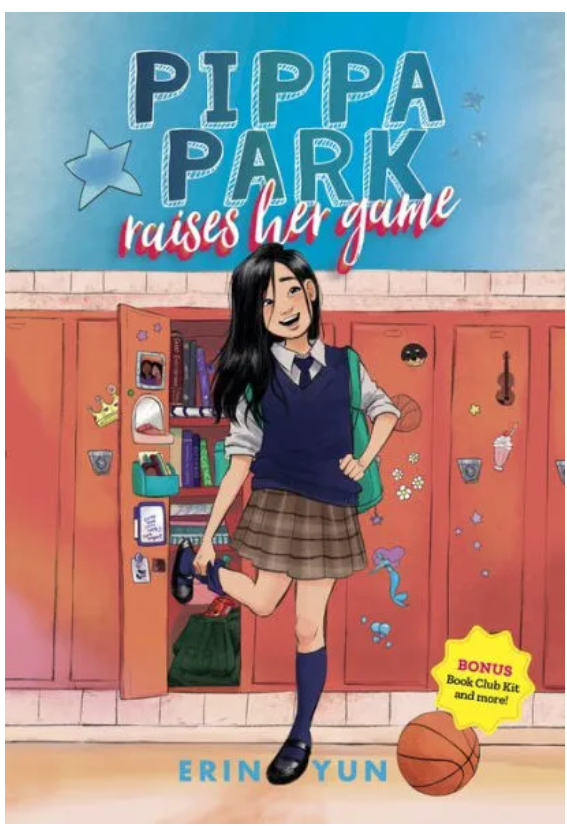
Buy This Book
Other books by Erin Yun
“The lower you fall, the more room you have to rise,” Jung-Hwa. –Pippa Park Raises Her Game
Pippa Park Raises Her Game
by Erin Yun
AR Test, Strong Female, Teaches About Culture
9+
Score
5.0
288
Pippa Park’s seventh-grade year is looking bleak. With her failing math grade, Pippa’s older sister Mina is thinking about restricting her from trying out for the basketball team. However, a scholarship allows Pippa to reinvent herself by transferring to the prestigious Lakeview Private (as long as she keeps her grades up).
At first, everything seems to go smoothly; she makes new friends, establishes herself as a star player on the basketball team, and even improves her math grade through tutoring sessions with the school’s resident jock, Eliot Haverford. Pippa has officially invented herself as “cool.” But the cost of her newfound popularity is her family and former friends. Pippa starts to ignore her best friend Buddy, who is “uncool” by her new friends’ standards. Most of her friends come from privileged backgrounds, so Pippa feels pressure to hide the fact that she’s being raised by her sister, Mina, who owns a laundromat. In addition, Pippa absolutely can’t let anyone know about her crush on Eliot Haverford, or that she hails from Victoria Middle School, the public school that is Lakeview Private’s number one enemy.
Soon, Pippa’s lies start to catch up with her, and an anonymous cyberbully starts to send her threatening messages online, exposing the truth of Pippa’s past. Her friendship with Buddy is ruined, her new “friends” turn against her due to her interest in Eliot, and her scholarship falls into jeopardy when her math grade plummets. Additionally, her desire to learn more about Eliot has caused a rift in his family.
Overnight, Pippa’s life falls apart. Pippa says, “I got caught up in this idea that I could be someone different . . . I kept thinking that if I just made myself into someone else, then one day I would become [popular]. I would be Eliot’s girlfriend. I would belong at Lakeview. But I never will. It’s not my world.” Mina’s husband, Jung-Hwa, reassures Pippa by saying, “Everyone makes mistakes. . . This will pass eventually.” This advice, though simple, helps Pippa reassess the situation and start to make amends for the things she can change, like apologizing to Buddy. Soon, she is able to embrace her past, repair her friendships, and start anew – this time, as her true self – at Lakeview Private.
Pippa Park Raises Her Game is a story about self-acceptance. Middle school is a trying time – both an opportunity to reinvent oneself and a challenge to figure out who you are. Pippa believes that trying to be cool will make her happy. But she discovers that accepting herself, her background, and her flaws gives her more happiness than trying to fit the mold of a typical Lakeview Private student. Pippa is a relatable character because she’s similar to middle school kids who are trying to find their identity, and caving to societal pressures. Pippa is a bit impulsive, which gives the story more action than a typical middle school novel. The overall plot is simple but has enough layers to be interesting and keep readers guessing until the end. Pippa’s love for basketball (and her knack for getting into trouble) makes this story entertaining.
Pippa is also Korean American, and her family occasionally speaks in Korean, which is Romanized from the Korean alphabet in the book. The language makes sense in context and is paired with Pippa referencing Korean cultural touchpoints, like snacks, Kpop, Kdramas, and Chuseok, which Pippa explains is like a Korean Thanksgiving. Other characters do occasionally commit microaggressions against Pippa, making comments on various aspects of her Korean identity. For instance, one of Pippa’s teammates smells the kimchi that Pippa brings for lunch. When Pippa explains what it is, the girl says, “I was wondering what that smell was.” In the text, it is not meant kindly, and it deters Pippa from bringing her family’s leftovers for lunch in the future. Although these moments aren’t the focus of the text, they present a real battle that Pippa must deal with at her new, upper-crust, and presumably white school.
Pippa’s shame and acceptance of her culture is another point of contention with her Lakeview identity. She says, “The shame I’d felt about Jung-Hwa’s homemade lunches, irritation at his clumsy gestures of affection, and embarrassment at his grimy clothes – they all sent a wave of guilt over me. He was the kindest man I’d ever known. Why did any of the rest of it matter?” Pippa thinks that being cool means not associating herself with her family or her origins, but ends up wondering why she should have to be ashamed of her family to fit in. Overall, Pippa ends up being a layered, yet relatable narrator who learns that embracing her identity – not running from it – leads to more genuine happiness.
Pippa Park Raises Her Game is good for basketball fans and students who are looking for a novel that doesn’t only focus is basketball. Pippa’s story is not uncommon, and it’s important that young readers learn to recognize and empathize with these themes. Although the dialogue sometimes feels a bit young for middle schoolers, the story doesn’t lose impact because of it. Young readers will be able to take away many lessons from this book, especially about staying true to oneself and improving self-esteem. If you’re looking for a book with similar themes, check out I’m Ok by Patti Kim and The Comeback: A Figure Skating Novel by E.L. Shen.
Sexual Content
- None
Violence
- Eliot’s grandfather and grandmother died in a car accident. Eliot’s grandparents’ car “ran off the road” leaving “their little baby son an orphan.” It’s described once briefly, “some maniac ran their car off the road.” This is mentioned a few times.
- Mina is Pippa’s older sister who raised her. In many ways, Mina is like Pippa’s parent. Mina is angry at Pippa one day and says, “I have half a mind to really bring you up by the hand . . . The tips of Mina’s fingers twitched, like she was thinking about giving [Pippa] a good slap.”
- Jung-Hwa, Mina’s husband, brings news that Pippa’s mom has been in a car crash in Korea. Jung-Hwa says, “She’s in the hospital, in critical condition.” Mina explains later that, “She ran a stoplight. Another car slammed right into her. After it hit the passenger side, her car spun out of control, and she had a head-on collision with a light pole.” Pippa’s mom survives the crash.
Drugs and Alcohol
- None
Language
- Pippa calls herself an “idiot” for telling her name to a stranger, “Oh man! I definitely wasn’t supposed to tell him my name. I wanted to hit my palm against my forehead. Idiot!”
- Light language is used occasionally throughout the book. Terms include lousy, stupid, and jerk.
- Pippa is Korean American, and some of the people she meets are openly racist towards her. For instance, Pippa struggles with math and one student in class says to her, “Aren’t Asians supposed to be good at math?”
- Pippa mentions other backhanded racist comments that people often say. For example, Pippa is talking about Disney movies and mentions that most people think that Mulan is her favorite because they say, “You look just like her!”
- A classmate of Pippa’s, Caroline, comments on Pippa’s skin tone, inadvertently being racist. Caroline says to Pippa, “You do look a little sick. Or maybe you’re always this washed-out.” The other girls reprimand her, but don’t address why what Caroline said was rude.
- Another girl comments on the medical care that Pippa’s mom is receiving in Korea. She says, “I’m sure there are really good doctors in Seoul. My dentist is Korean — he’s great.”
Supernatural
- None
Spiritual Content
- None
Other books by Erin Yun
“The lower you fall, the more room you have to rise,” Jung-Hwa. –Pippa Park Raises Her Game
Latest Reviews
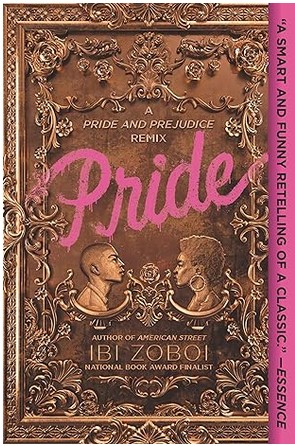
Pride: A Pride & Prejudice Remix
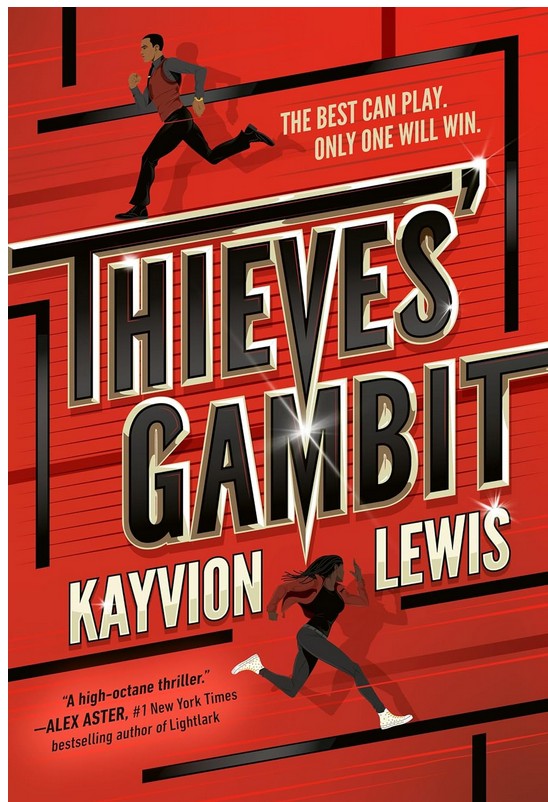
Thieves’ Gambit #1
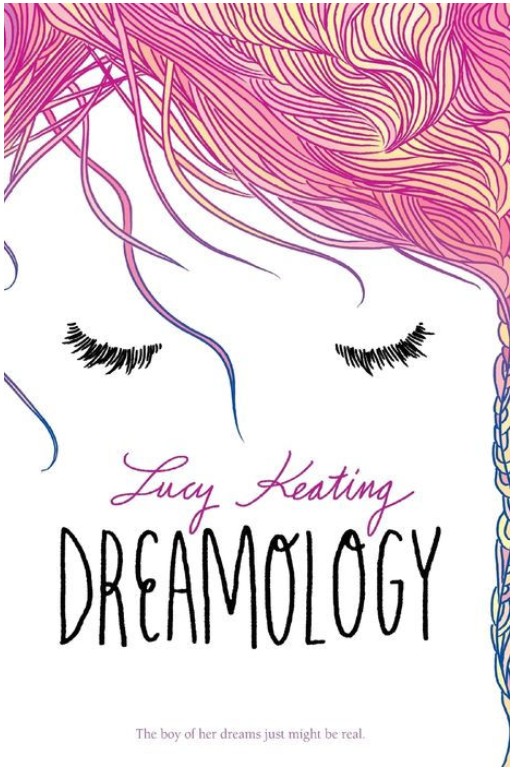
Dreamology
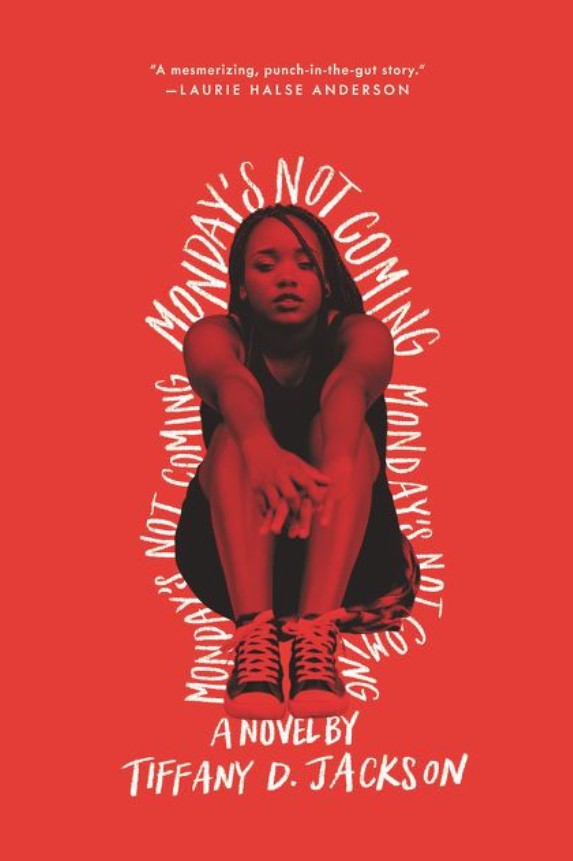
Monday’s Not Coming
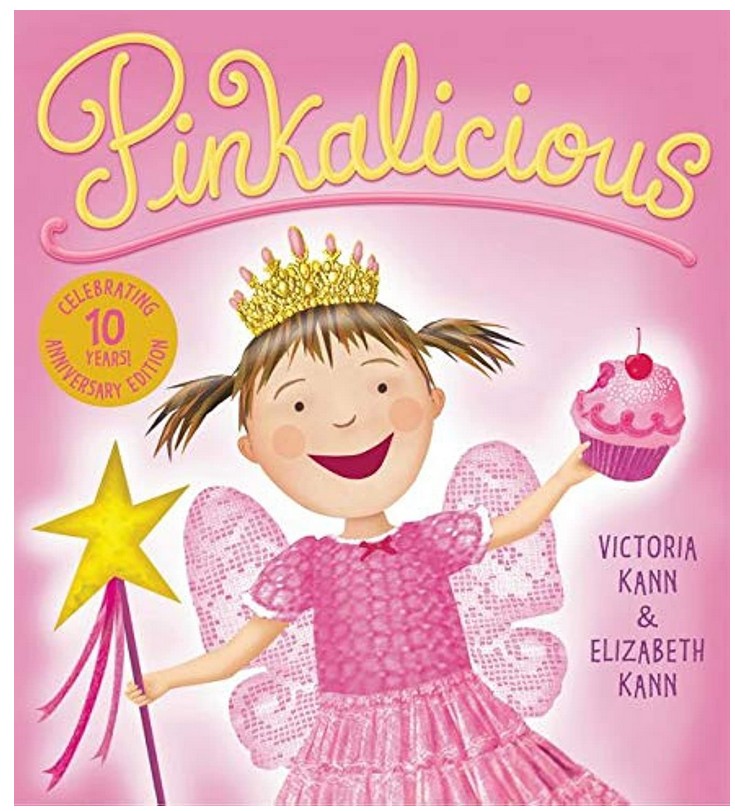
Pinkalicious

Driven

Goodbye Days

Blood of Troy

Will’s Race for Home







